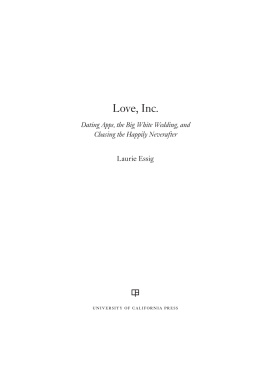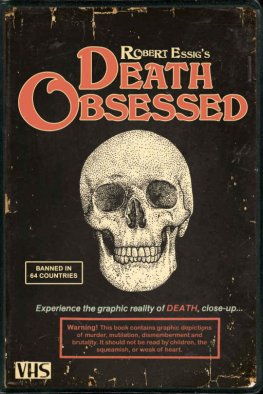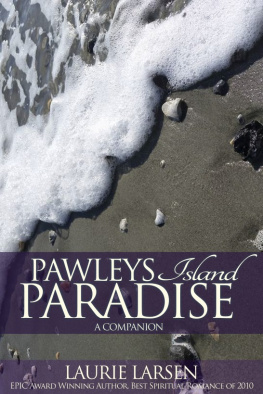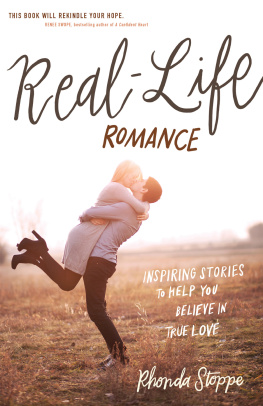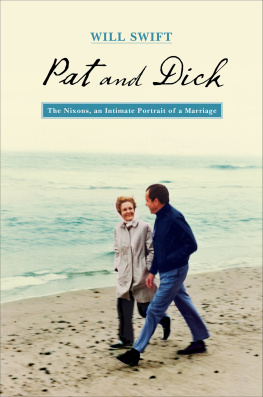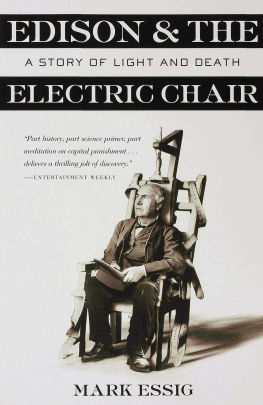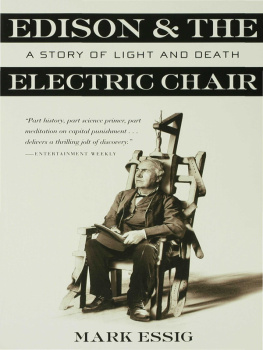ACKNOWLEDGMENTS
I could never have written this book without the unflagging support of my home institution, Middlebury College. Middlebury gave me financial support, research leave, and so many wonderful research assistants, especially Erin Work and Beatrijs Kuijpers. The Program in Gender, Sexuality, and Feminist Studies at Middlebury lets me teach a course on the sociology of heterosexuality as often as I want. This course, which I have now taught for over two decades, not only undergirds the theoretical scaffolding of this book but also provides me with a lot of smart students who ask really dumb questionsquestions that force me to think deeper and harder about romance as an ideology that is both destroying us and keeping us alive.
I also am deeply in awe and rather in love with my many feminist colleagues at Middlebury, especially Sujata Moorti, Carly Thomsen, Kevin Moss, Catharine Wright, and Karin Hanta. At the European University at St. Petersburg, Russia, my colleaguesespecially Anna Temkina and Alexander Kondakovkeep me from forgetting how particular love can be.
I am very grateful to the many people who told me about their own journeys through love and romance, friends and strangers alike.
I am thankful for UC Press and my editor there, Naomi Schneider, for bringing this book to fruition. Naomis utter calm and professionalism made the entire process a fairy-tale come true.
If this is a book about love, it is love that has kept it going. While writing this book I watched as my daughters, Willa and Georgia, and my partners daughter, Emma, entered the adult world of love and romance. I hope they will always love deeply, but also widely and in ways that do not follow the scripts that have been written for them. All of them have helped me ask questions about dating and other contemporary practices of romance and anti-romance. Emma tagged along to a wedding expo to find out what all the fuss was about, Georgia went to Disney with me and even taught me how to spot honeymooners, and Willa took photos for the book, her artists eye always trained on the effects of Love, Inc.
I also had the love and support of my friends, especially my spouses Calvin and Gordon White and our daughter Addison, Carrie Rigoli, Sue Cronin, Anson Koch-Rein, Patricia Saldarriaga, Glenn Gamblin, Tina Escaja, and Lindsay London, who taught me so many things, like taekwondo and Spanish, and how to cast spells against fascism. And to my canine loves, all of them, but especially Mishka, who loves me no matter what.
Yet there is only one reason this book exists at all and it is because of the love of my life, Suzanna Walters. After initial roadblocks, I was ready to give up on Love, Inc. But Suzannawho is smarter, more feminist, and a better writertold me that this book was good and important and deserved to be published. Suzanna insisted that I stop feeling sorry for myself, pull myself together, and get it done. This is exactly what true love looks like: it supports you, it believes in you, and it isnt afraid to tell you to put on your big girl panties. During our years together, Suzanna has taught me that love is not a fairy-tale, that it cannot promise us a secure future, and that love is not separate from the world. And that is exactly why love can make us stop and experience joy each and every day of our lives. But I must confess, even after all she has taught me and all I have learned from writing this book, I cannot help myself: I continue to hope, with the full force of romance, that we will spend the rest of our lives together going to political protests, not celebrating Valentines Day, and watching our girls grow into women. In other words, our very own happily ever after.
Introduction
A Short History of Love
THE MYSTERY OF ROMANCE
I have a confession: I am a true romantic. I fervently believe in happily ever after and true love always. I am also a cynic. I have a sinking feeling that romance blinds us with fairy dust. I am afraid that romance will, metaphorically speaking, wear off at midnight, leaving us dressed in rags and missing one of our shoes. The romantic in me has spent a lifetime looking for the one while the cynic has spent nearly as long teaching and writing about romance from a critical perspective. Environmental collapse and a global transfer of wealth to the billionaire class cannot be solved by seeing someone across the room and feeling our hearts beat faster until we finally lean in for the kiss as fireworks go off in the background. I know that. Most people know that and yet, somehow, the promise of romance as a guarantee of future well-being has become increasingly powerful even as the future itself is increasingly insecure.
That is the argument of this book: that the worse things get, the more we turn to romance to feel hopeful about the future. It is not that capitalism causes romance, but rather that romance is both the most pleasurable and the most future-oriented escape from the grimness of globalized capitalism. Americans turn to a number of belief systems for sustenance: religion, nationalism, football. And some of these, like religion, even promise a better future in the afterlife. Yet romance promises us a better future in this life, with the added bonus of an enchantment of the everyday as we hunt for our prince or princess. After all, today could be the day we meet our true love or maybe we are already with our true love and didnt realize it until today. We turn to romance because romance can make our lives better, more bearable, and more sustainable. We turn to romance because unlike having religious faith or even supporting the Jets, only a terrible cynic could begrudge us love.
At the risk of being a terrible cynic, however, I want to point out that romance is a privatized solution to what in fact are structural and global threats. Im not arguing that married people are less likely to engage in political change, but rather that people who believe that romance will allow them to ride off into the sunset and live happily ever after, many of them single, are looking at the world through rose-colored glasses. True love can no more solve our future than nationalism can. It can only distract us from what we really need: a realistic sense that our future is collective and is seriously endangered at this point in history. Our love affair with romance is like any dysfunctional relationship: the worse things are, the more we believe in the power of romantic love to fix it. When Donald Trump became president of the United States, many Americans insisted that love trumps hate and that love will win. I was too disheartened to respond with that sort of optimism. I looked at this book project, nearly done at the time, and asked myself: Who cares? Why offer a critique of romance as a dangerous ideology when there are far more dangerous ones that now have a place in the White House, ideologies like white nationalism and a worship of wealth and conspicuous consumption? But the worse things got, the more I realized that romance actually is the problem, or if not the problem, a problem. Romance lulls us into focusing on our love life rather than politics. Romance teaches us to turn away from the public sphere, to not think about the world, but to focus instead on our relationships and our families. And even when we know the world is bigger than that, even when the world intrudes on us with white nationalists taking over the streets of Charlottesville and global warming producing monster hurricanes on our coasts, we still hold onto the fantasy that true love will save us. Im not saying that despair causes romance, but rather that romance is a balm for our battered world.

